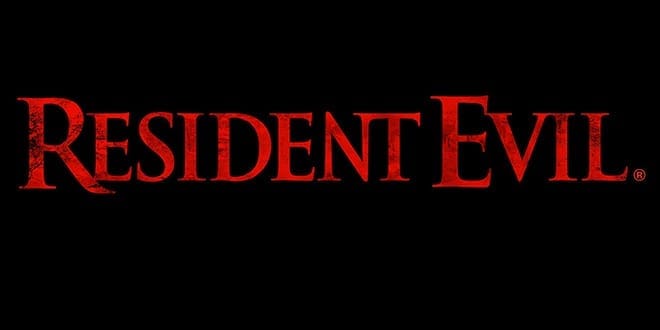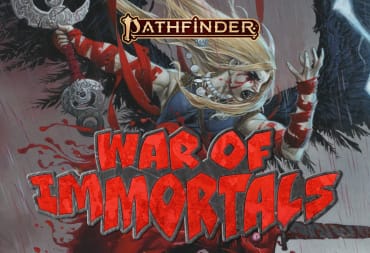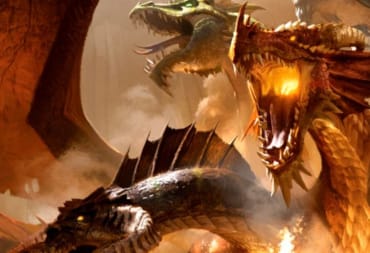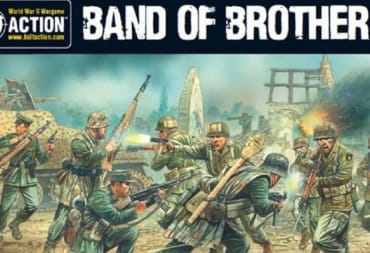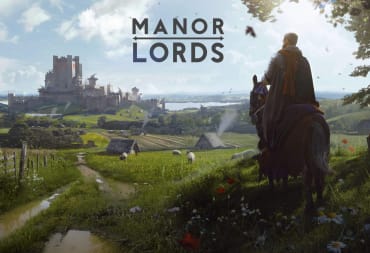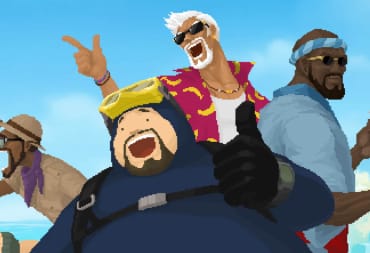Like most game genres, survival horror is defined by the mechanics in the game. Having some zombies roaming around is not enough to make a horror game a survival horror game, so what does it take? To understand, we need a little bit of background.
The first game to be marketed as "Survival Horror" was 1996's Resident Evil, a game that is universally considered a classic, but the roots of survival horror were sewn back in 1989's Sweet Home, a horror RPG on the Famicom, and ever further back in games such as the1982's 3D Monster Maze, originally for the Sinclair ZX81, and Haunted House, originally for the Atari 2600, and under a microscope, the similarities can be seen.
3D Monster Maze has you getting chased by the only other character in the game, a sweet looking T.Rex, with the aim of the game to get to the exit of a randomly generated maze without getting eaten. In Haunted House, you must navigate through the titular haunted house, with the ability to only carry one of either a key, a scepter, or the urn, which you must escape the house with to win the game, all while avoiding a bat, a tarantula, and the ghost of Mr Graves, the owner of the house.
Sweet Home has you, and your friends, navigating a ghost filled mansion in RPG style, with random encounters and permadeath. In this sense, Sweet Home is a little bit of an outlier, but is included in the list for its heavy influence on Resident Evil. Moving over to Resident Evil you can see the influences that come from Sweet Home: the game is set in a mansion as well, with spooky scaries, and you and your friends need to escape before you get killed.
Besides the obvious horror overtones of all these games, the main features are hidden just below the surface, and these are the crux of the genre. Survival horror is not just the sum of its parts, it is about more. Survival horror is about the puzzles, the inventory management, and the combat, or the lack thereof.
Diving a bit deeper into Resident Evil, a pattern of sparseness occurs, in that there is very little action. The same can be said for most survival horror games around that time, whether it be Silent Hill, or Alone in the Dark—these games use the action as a scare tactic. It is always there, and you know it will always be there, but because the encounters are few and far between, it builds suspense, and ultimately, makes you more scared. To me, this is the crux of the entire survival horror genre, but it is not its only defining feature.
When you aren't in combat, the gameplay is usually split between solving puzzles, finding items to solve those puzzles, and figuring out the best combination of items to carry around in your limited inventory space so that you can not only solve whatever crazy puzzles the game can throw at you—and I am looking specifically at you Resident Evil—but also being able to carry around the best weapons to survive, and which have enough ammunition to keep on keeping on.
It is a simple formula that games during the PS1 era did exceedingly well, but then came along the next generation of consoles, and with it a new way to play horror games. Using Resident Evil as an example again, you can look at Resident Evil 4 for how the landscape shifted. Gone were the tank controls of old, which were mostly there due to the limitations of the previous generation of controllers, using digital controls and not analogue, and in came a fluid third person style of control and combat. But with this change comes the question: when do you stop calling a game survival horror?
In this particular case, I cannot call Resident Evil 4 a survival horror game. The combat is such a main part of the genre itself that when you edit that, the game ceases to be survival horror, and moves more into an action horror type of genre. But games, just like other forms of media, are always going to be compared not only to their peers, but to the their predecessors as well. Herein lies my problem with the ever shifting genre of series like Resident Evil.
To me, its like this: Resident Evil 6 was not a bad game, at least it wouldn't have been if it was titled something else. If Resident Evil 6 was called Zombie Shooter 2014, I doubt it would have got as lambasted as much as it was, but when you attach a name the likes of Resident Evil to a title, you best leave it at least in the same genre, and not transform it into something it certainly isn't. But this has been happening ever since Resident Evil 4. The game series, and the genre, has been changing into something further and further away from its roots, and as a fan of the originals, it is a little bit disheartening.
What do you think? Is the game genre now indistinguishable from its roots? Have I missed recent games that keep it alive? Let me know in the comments below, as I most certainly need more survival horror in my life.
Have a tip, or want to point out something we missed? Leave a Comment or e-mail us at tips@techraptor.net
